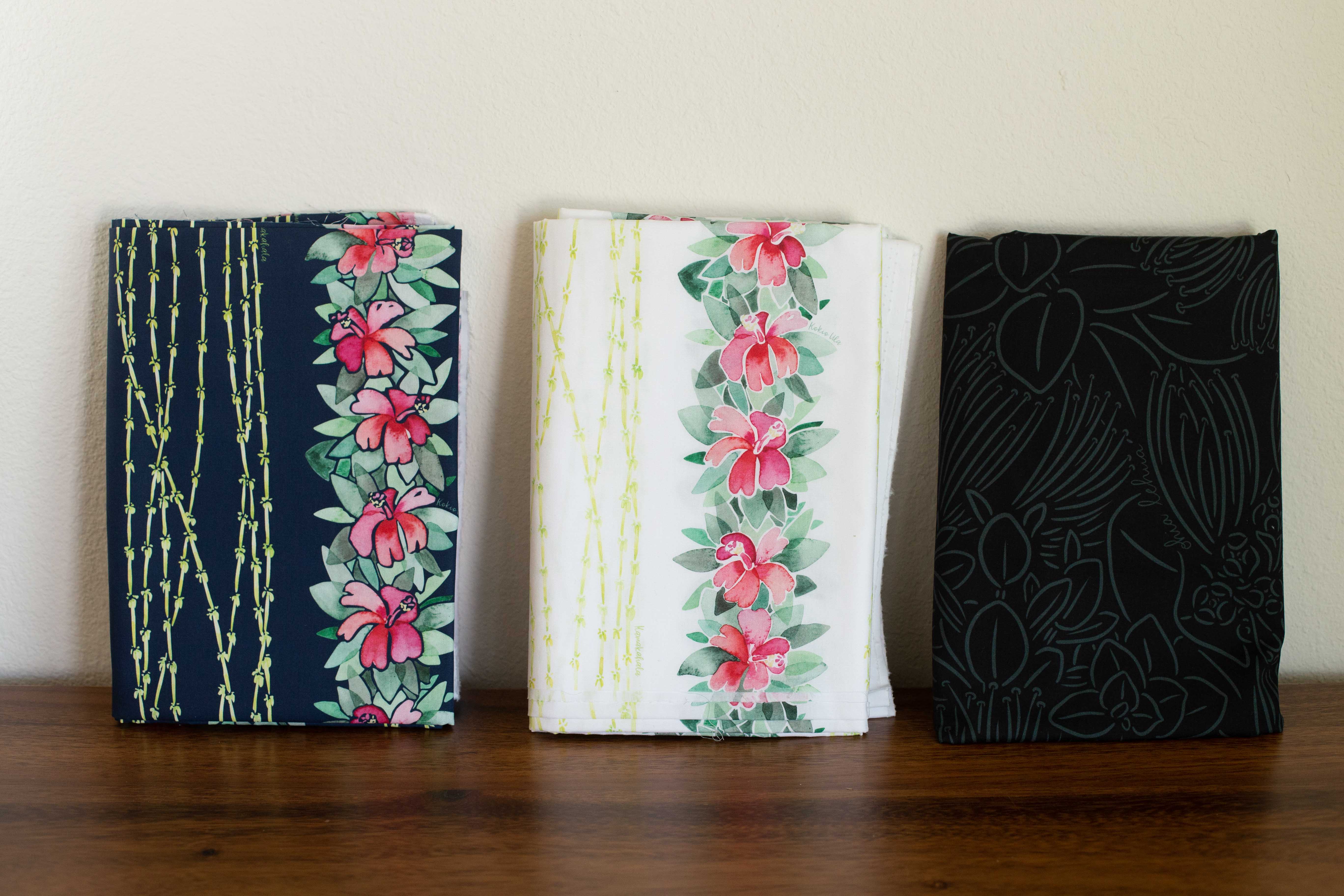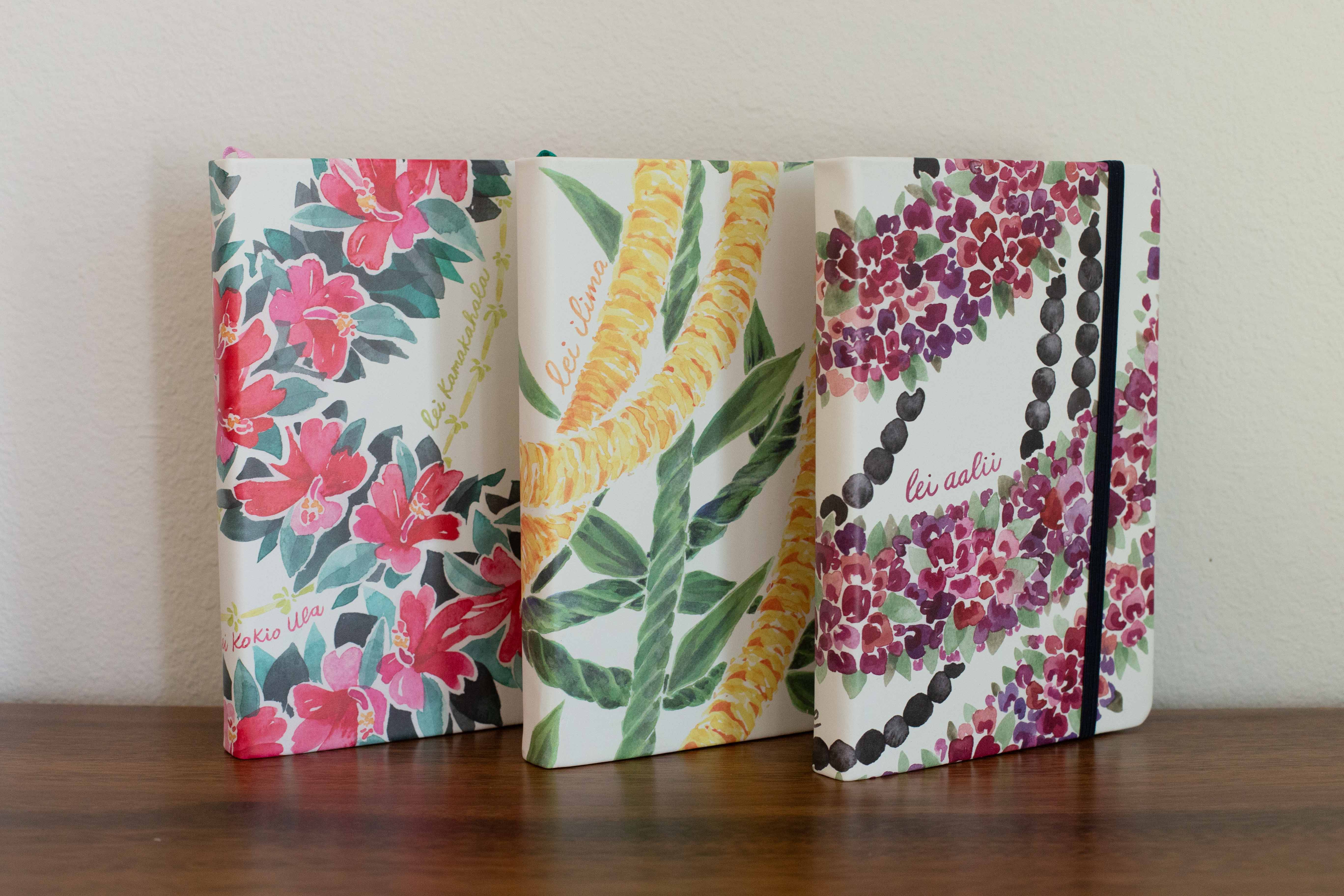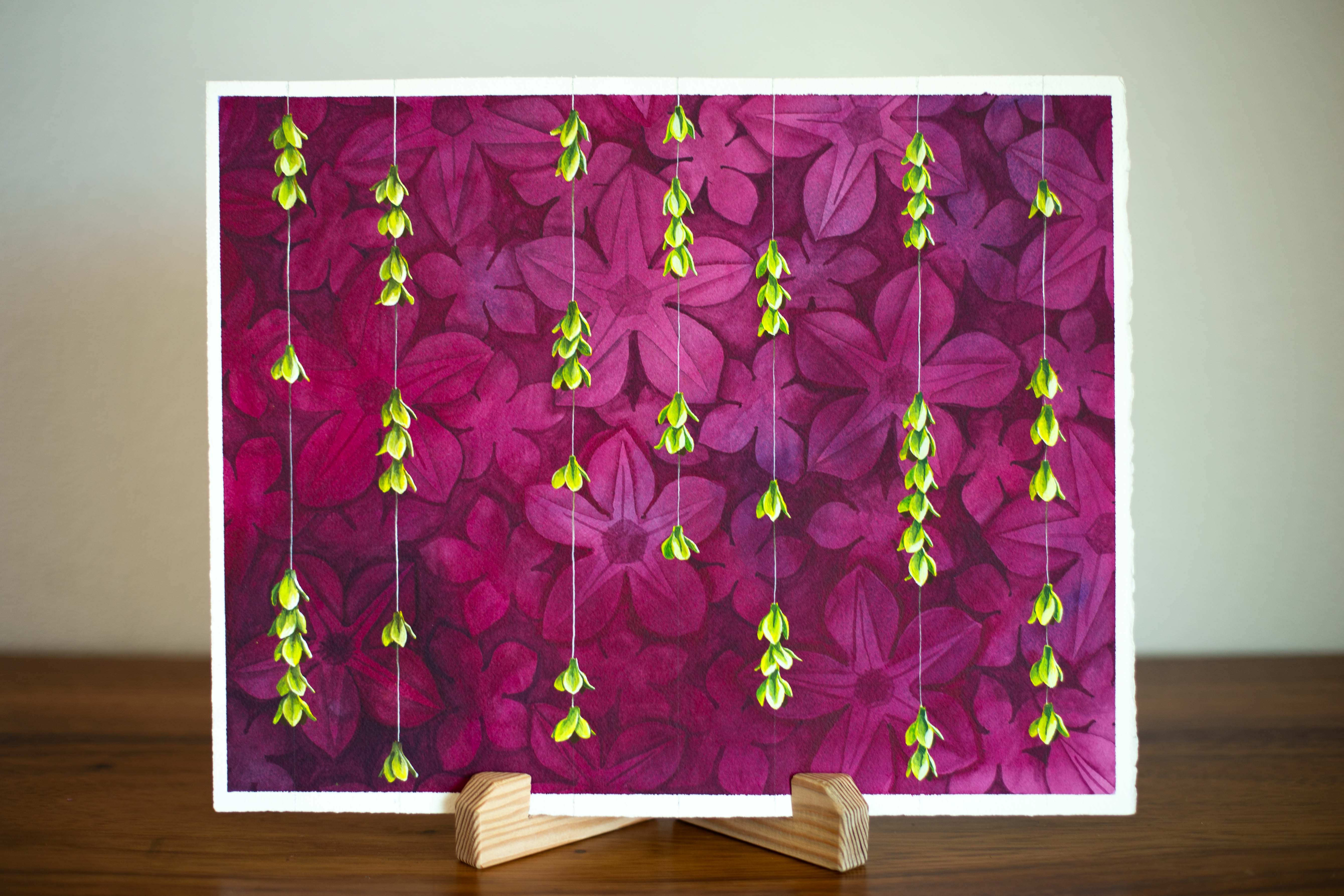Thoughts on Hawaiian Names and Naming
This is from our own research and experience.
Let’s start with us as parents:
Malu has a Hawaiian name. It’s Maluhia Hoo Makaana. Everyone forgot who named him in his family, but they told him it meant peaceful beginnings. We’ve realized as we’ve learned Hawaiian, that Malu’s name is not only written down in a strange way, but is constructed awkwardly. Peaceful beginnings would be more like “maluhia ka hoomakaana”. Since no one can remember who named Malu, we’ll never know how fluent that person was in Hawaiian and subsequently, we’ll never know if they made a mistake or if the discrepancy in the use of the language was intentional.
I don’t have a Hawaiian name, not a first, middle, or last one. My Hawaiian grandfather didn’t give one to any of his children and so my father didn’t give one to any of us. It was my grandfather’s belief that Hawaiian can names have power (good and bad) over the child and so it was safer to not give one.
My children have Hawaiian first names. Malu and I made this decision because we decided before having them that Hawaiian was not going to just be a part of our heritage, but a part of our family. We decided to learn the language and speak it as a family so by the time we were ready to have our first baby we had been learning for almost a year on our own. I point this out because as the delivery date grew closer, Malu and I spent weeks studying about how Hawaiian names were traditionally created and we spent hours putting names together. When we had the name we were going to give our daughter we checked it with one of our language mentors to make sure that we had put it together correctly.
It was a similar process with our second child, but not as smooth. We spent lots of time researching and thinking about his name before his birth, but on the day he came there were special things that made us both feel like his name needed to be changed and so we changed it to what we felt would capture the day he was born and what we wanted him to be. As with the first we put the final name together and checked it with a mentor to make sure he didn’t see anything wrong with it.
The experiences of naming both our children have been very powerful ones. Not only did they allow us to impart our hopes and blessings for our children in their names, but as we’ve watched their personalities develop, we have seen how fitting their names are.
Today Hawaiian names are given at various levels of depth, understanding, and commitment. There are those who will give their children a Hawaiian name because they saw a movie, because they vacationed or lived here for a period of time, or because they have a friend with one. There are those who will give a Hawaiian name with real intent to have it be meaningful for the child, but they lack the language skills to do so. There are many reasons and ways, but anciently these were some of the ways that they named their children. Mary Kawena Pukui explained it best in one of her books, “Nana i ke Kumu”. She wrote,
“In the early days of Hawaii, personal possessions were few, but highly valued. Poi pounders, woven mats, a manʻs malo or loin cloth, the stone adze of a canoe maker, the bone hooks of a fisherman, the spear of a warrior—all these were prized. But even more precious was each manʻs most personal possession, his name.”
I would highly recommend reading her entire section on names. You can do so by clicking here and starting on page 94. Some of the methods that she describes in ancient naming practices are as follows:
Inoa po: name in the night or in a dream
Inoa hoailona: name in a sign or in a vision
Inoa Ulaleo: name that is spoken/heard by a voice Inoa Hoomanao: name of remembrance for an event or a person.
Inoa Kupuna: name of an ancestor
Inoa Kuamuamu: a reviling name, sometimes given to curse another person.
Now that we’ve briefly gone over some of the ways names were given anciently and are given today let’s talk about some tips for if you’re looking to name your child a Hawaiian name:
- Always start with your intention: Ask yourself why you want to give your child a Hawaiian name and if that is a good reason to give them one? Like I pointed out before, I don’t have a Hawaiian name and that doesn’t make me less Hawaiian than someone who does have one. I can connect with my history and culture in many other ways and that’s what I strive to do. I also want to point out that these next tips are intended for Hawaiians. I could and should write a whole other article for non-Hawaiians wanting Hawaiian names.
- Review the ways Hawaiian names were given traditionally and try to stay as close to that as possible. You may not get a dream with the direct name or hear a voice, but notice that none of those ways are based on what’s trending or what sounds cool. When I read about the way names were anciently given it appears to me as a very passive process, passive in the sense that Hawaiians were more concerned with what name was right for the child rather than what name they wanted to personally give.
- Who will be responsible for naming your child? Naming a child is a highly personal and special event. Don’t leave that responsibility in the hands of someone that you would not trust your child’s life with.
- Think about your Hawaiian language abilities. If you don’t have any then now might be a great time to start gaining some! Here is a link to free resources that can get you started. Remember: babies don’t go from first step to a run in the same day so take into account your language skills as you’re crafting a name. It’s better to name within your own ability than to overextend yourself.
- Ask for help. If you’re going to ask for help then I would suggest you are as prepared as possible before asking, meaning you’ve done your homework, looked up words on wehewehe.org in the Hawaiian Dictionary only (see checkboxes on the site’s page), and tried your best to put the intended meanings together. You should also be prepared for the answer to be “no” to your request. Naming requires a lot of time and attention and also good intention. Some people may feel that they are just not the right person to help you and that’s okay, maybe even a good thing. You should also be thoughtful in who you ask. If you are close with a native speaker then that would be my first person to go to!
- Look at family names, look through family history and your genealogy.
- Consider using imagery for the name for example; if you want to capture peaceful for a name you could use peaceful or you could describe things that are peaceful like a calm ocean, breeze, the shade, etc.
- Don’t get discouraged if it takes a while, enjoy the process. Use the opportunity to learn more about the Hawaiian language and culture. You might even get the opportunity to share what you learn with your family and one day your children.











Mahalo for sharing this.
Leave a comment